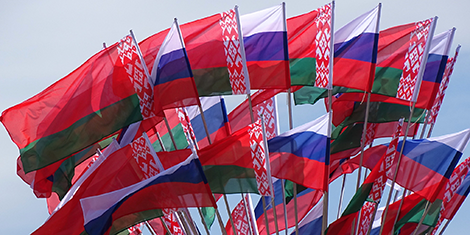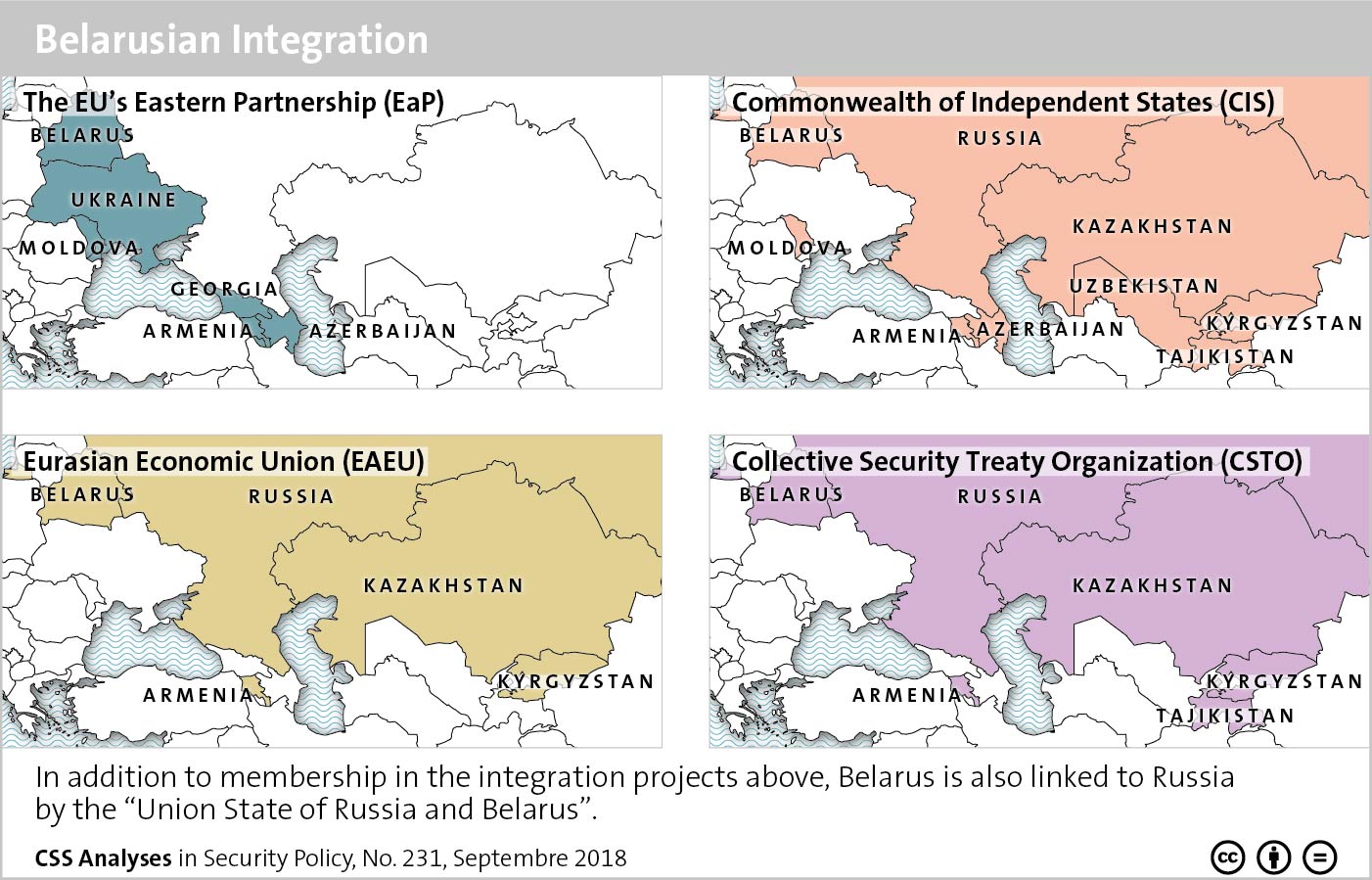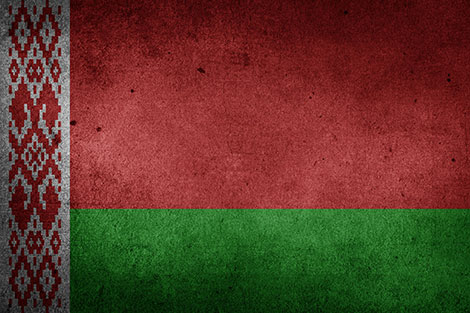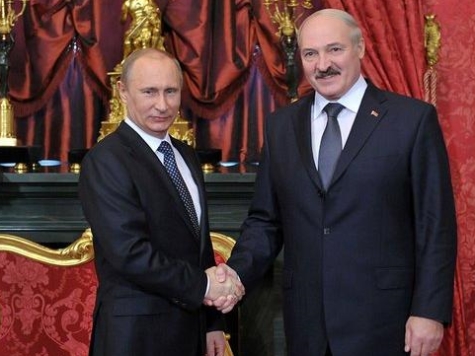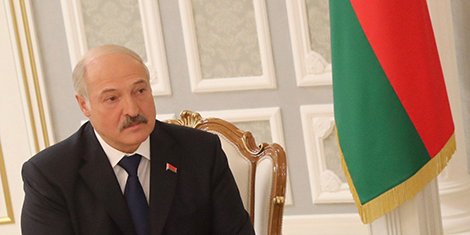
This article was originally published by War on the Rocks on 3 April 2019.
Russia’s annexation of Crimea and its intervention in Eastern Ukraine demonstrated not only its unpredictability but also its willingness to violate agreements and use force to alter borders and destabilize countries in its neighborhood. These events not only shocked the West; they also shook Russia’s allies to the core, not least Belarus. Long branded as “Europe’s last dictatorship,” this Eastern European state is considered Russia’s staunchest ally. And indeed, no country is culturally closer or politically, militarily, and economically more integrated with Russia than Belarus.

